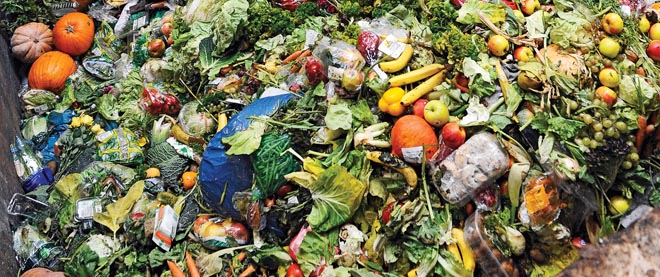Dave McClure once noted consumers don’t care about your solutions, they care about their problems. Thinking about the coming year, I wonder if that approach would work for the agri-food sector. The first step is to figure out who your consumer is; this could be consumers or the next person in the value chain, like the person who buys their crops or livestock, is their customer.
Ultimately consumers buy or use what farmers produce, regardless of value added by others, and have influence on the way producers farm. So what do consumers want? Supply isn’t an issue for Canadians, nor is affordability, generally speaking. Compared to many countries, food in Canada is relatively affordable. But consumers do have some problems, both of which farmers are able to help with. Food waste has become a $31-billion a year problem, with up to 40 per cent of all food wasted. That’s 40 per cent of what farmers grow and 40 per cent of what consumers buy. Another is confusion. Consumers have high regard for farmers, but I sense they’re starting to lose a bit of faith, confused by activists’ message about farming.
The agri-food community would seem wholesome indeed if it launched a campaign to help consumers with food waste. Explaining ways to reduce food waste at home is not complicated, and farmers could help. Toeing the line is not an option. The pollinator brouhaha in Ontario shows society and farming are falling out of step. And that’s a problem for both. Agriculture can help people with their problems, and needs a new approach to keep consumers’ faith.


